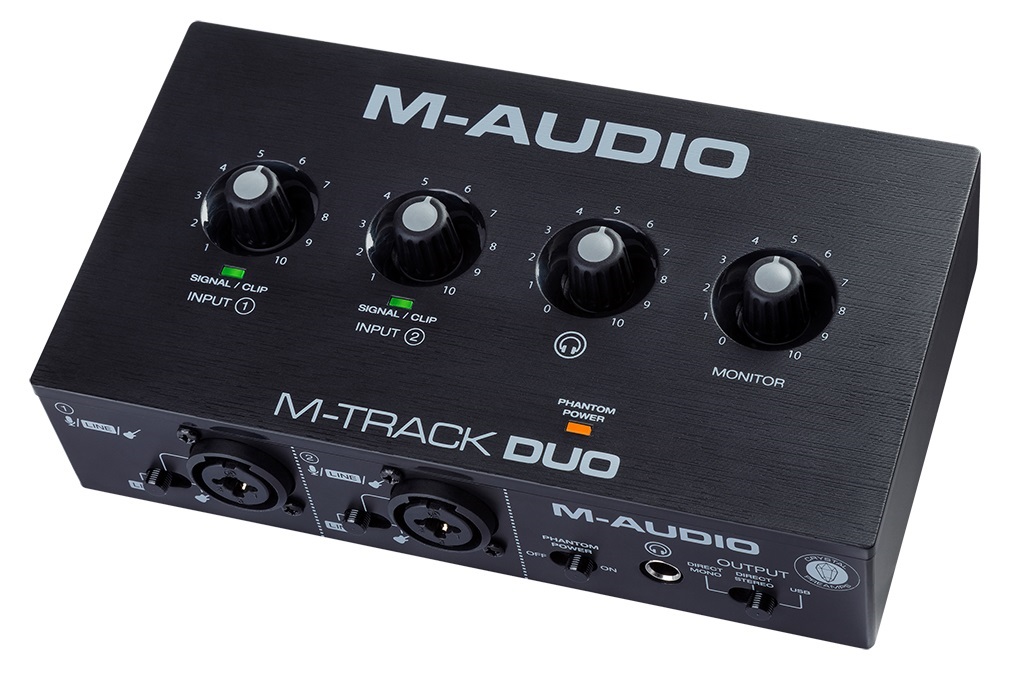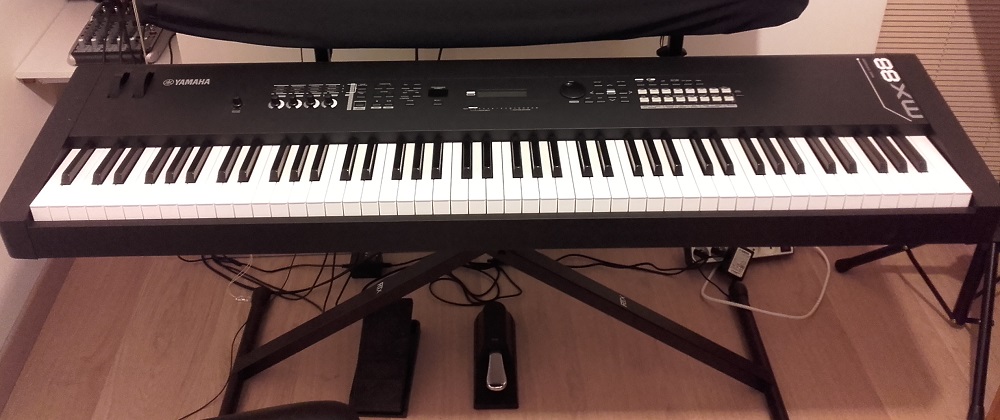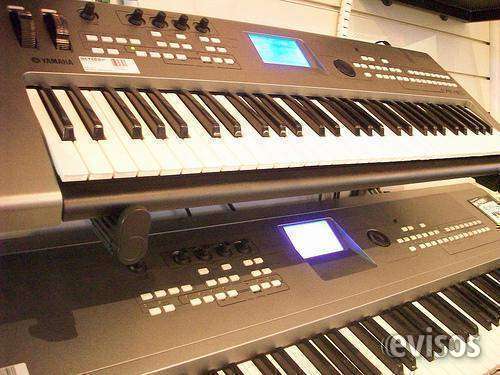

This window shows that MONTAGE is active and has 3 Ports: If you double-click on that icon the screen below appears: What should be the same is the active MONTAGE icon. The second MONTAGE, along with the other products that are grayed out are all instruments that were previously connected to my computer, so it will look different than yours. This shows that the MONTAGE is currently connected. Devices that have been previously connected will also appear but will be grayed out if they are not currently connected: Any device that is connected to the Mac will appear here. Next, open the MIDI Studio view by selecting "Window" from the menu and "Show MIDI Studio". This is what you should be seeing if the Yamaha Steinberg USB driver has been installed. All of these digital inputs and outputs will appear in Logic in the same configuration. 1-2 is the physical main stereo out, 3-4 is the USB digital out from the computer and 5-6 are the physical assignable outputs. On the right are the 3 pairs of outputs from the Mac back to the MONTAGE. These can be configured as stereo pairs or as separate mono inputs to the Mac within each MONTAGE Performance. USB 3-32 are each of the individual inputs. The audio setting above on the left shows the 32 digital inputs from MONTAGE to the Mac, with USB 1-2 being the main stereo out. Below is what it should look like when MONTAGE is connected at the default 44.1 kHz/24-bit setting: Open the Audio MIDI Setup application choose "Show Audio Devices" under the "Window" Menu.

Once all the software components are properly installed and MONTAGE is connected to the Mac, open the Audio MIDI Setup application that resides in the Utilities folder (located inside the Applications folder).


MONTAGE works differently than other electronic instruments and learning more about the different ways it can be used will help you get the most out of this tutorial - and more importantly, from your instrument. If you haven't had a chance yet, it might be useful to look at the " Mastering MONTAGE: Getting Started" article. This is an advanced tutorial for MONTAGE users.


 0 kommentar(er)
0 kommentar(er)
